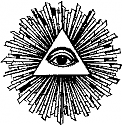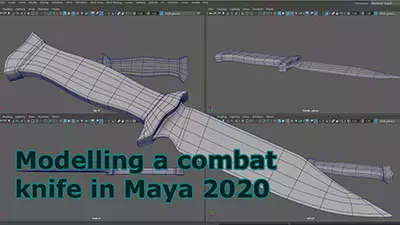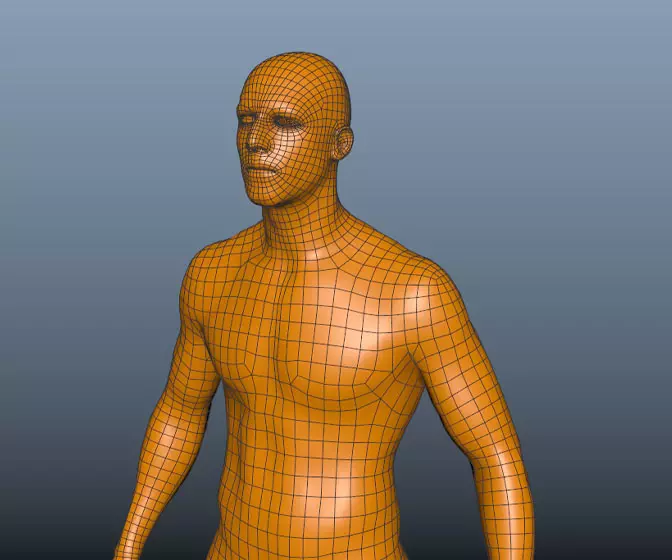positioning of additional cameras.
I have had quite an ambitious idea, which im sure has been done many times before but im not sure quite how to put it into practice. What I want to do is create three more render cams in my scene (dino_chick(wip thread)) so that what I currently have only makes one quarter of the final image.
What im not sure of is how to place my camera so that it lines up with the position of my existing render cam. say i have my camera set up for the bottom left quarter of the scene. I thought I could just duplicate the camera and translate it up in Y and fine tune it by sight. But as I translate the duplicate cam up, its angle of view rotates with it. I tried changing the local and world pivot values in the cams attribute editor but this didnt make any difference. Maybe it could be done with the help of locators?
Has anyone got any ideas of a way this could be done accurately.
hopefully my crude idea illustration gets accross the idea...
You're basically just wanting the rendered area to be larger right?.. more, image without zooming in or out?...
g-man
Join Date: Dec 2005
Not sure how to execute that... you could try creating a simple box in front of each camera that would frame the view (camera parented to the box), then use the align tool to snap the boxes to each other. That seems a clumsy solution, but might get you somewhere.
Yes, but the idea being that If i can break the whole image into smaller chunks it might enable me to put more in...Originally posted by legendofzombi
wouldnt changing the focal length of the camera and the fov of the camera that you're rendering in accomplish the same thing?
You're basically just wanting the rendered area to be larger right?.. more, image without zooming in or out?...
g-man
My efforts so far, I got this by just adjusting the film offset of each camera. Starting from the bottom left I adjusted the film offset 1 up for the top left, across 1.4 for the right hand side pictures. BUt somethings obviously amiss somewhere
Originally posted by stwert
It sounds like he wants to create tiled cameras... like each camera captures exactly a quadrant of the final image, correct?
Not sure how to execute that... you could try creating a simple box in front of each camera that would frame the view (camera parented to the box), then use the align tool to snap the boxes to each other. That seems a clumsy solution, but might get you somewhere.
Yeah, thats exactly what im thinking.
With this way though im thinking its still gonna have problems when you line up the resolution gate?
I guess it would be easier to line things up in an orthographic view, but grouping everything in the scene to rotate it all and get a better view would surely cause problems too. hmmm
Join Date: Dec 2005
what version of maya do you use? render layers are slightly different after 2008.
you should learn about render layers if its a memory issue.
Im going to try making the image bigger and try hiding some stuff on certain passes and other bits on others. All the information i find to do with compositing layers though is about specular pass, occlusion etc. ive never done anything like this so i dont really know how to go about it
i do use 2008
Last edited by ben hobden; 18-12-2009 at 12:07 AM.
If Maya is going to crash for those reasons( In My experience ) It will happen before you even try to render, while your attempting to model.
Now, high poly and object count, will make a render slower then molasses on Christmas in Antarctica..
G-man
Join Date: Dec 2005
Christmas in Antarctica would be the warmest part of the year, right Chirone? :pOriginally posted by legendofzombi
Now, high poly and object count, will make a render slower then molasses on Christmas in Antarctica..
.... but point noted.
Originally posted by hammer.horror
render passes are great but you will have to have an understanding of compositing to get the most of them.
Just to be straight on this. do you mean render passes as in spec/shadow/reflection/ambient etc, or passes as in everything rendered at once just at , well, actually i guess a combination of both would work wouldnt it.
as far as compositing. I only use photoshop. No toxic or any of those other plug "channel 'x' into channel'y' " type ones. Im happy playing about with blending modes and opacity levels and whatnot. My main idea I guess is to just try and get a bunch of renders together that i can clone tool out of one and into another, but I doubt thats what you mean by compositing skills!
I watched a digital tutors render layers tut last night,, but it was maya 2009, using tokens, and contribution maps (which looked like just what i might need), and render 'passes' of seperate render 'layers'. But as ive got 2008 it wasnt really that helpful.










